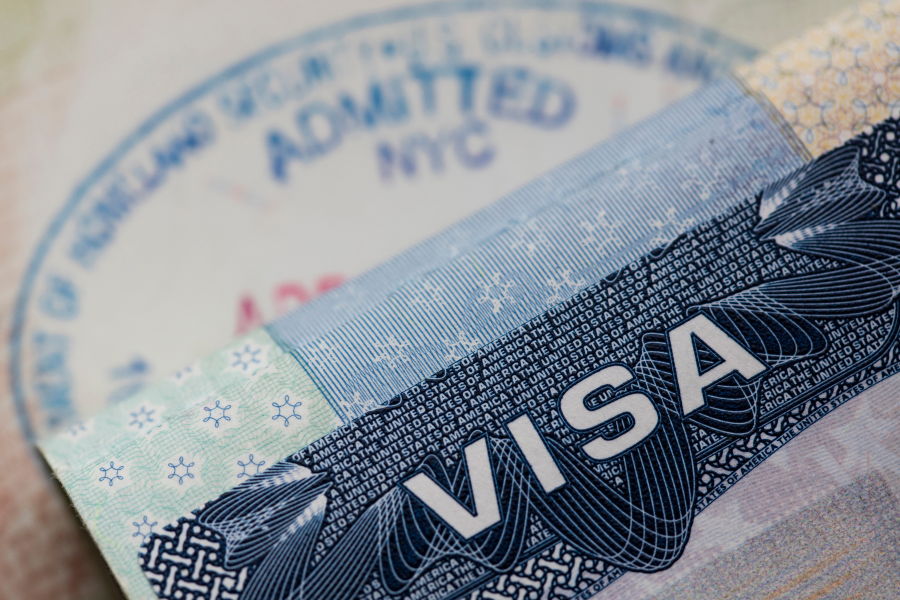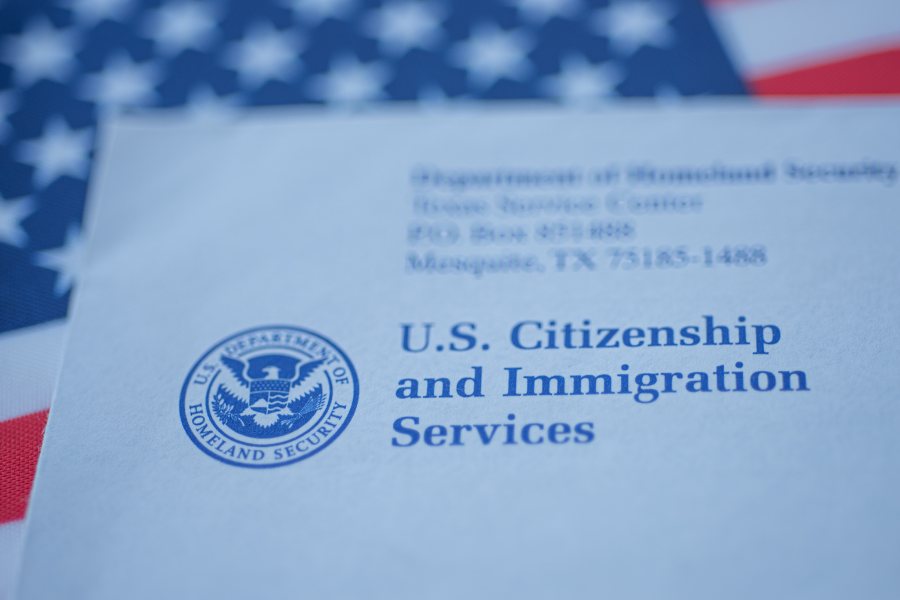Summary:
Last week (May 5, 2020) we wrote that executing a Form I-9, Employment Eligibility Verification (Form I-9) required a valid, current identity document. United States Citizenship and Immigration Services (USCIS) has modified the policy to permit employers to accept validly issued but expired List B identity documents during the pandemic as long as they record a valid replacement document after the pandemic.
Form I-9s Generally:
U.S. employers must execute a Form I-9, Employment Eligibility Verification (Form I-9) on every employee. To do so, employees present either a List A document (documents which demonstrate both work authorization and identity) or a combination of a List B document (identity documents) and a List C document (work authorization document).
For example, employees could present a validly issued U.S. passport (a List A document) to demonstrate identity and work authorization or, if they don’t have a List A document, they could present a List B document like a valid, unexpired driver’s license and a List C document like a Social Security Card.
What’s the Challenge the Government Is Addressing Here?
During the quarantine, many identity documents (List B) cannot be replaced when they expire. If employers are bound to employ only persons who present valid, unexpired List B (identity) documents, they cannot onboard eligible employees with invalid documents.
What’s the Remedy?
The federal government is applying an exception to the rule that employees present valid, unexpired List B (identity) documents. During the pandemic, employers can onboard employees whose documents expired on or after March 1, 2020. If a selected candidate presents an identity document (List B) like a state identification or a driver’s license that expired on or after March 1, 2020, the employer can employ them, recording that expired document on the Form I-9 as though it were current. Within 90 days of the official end of the pandemic, the employer must record a validly issued and current List B document on that same Form I-9.
What Are the Details?
When an employee presents an expired List B (identity) document, which has not been extended by the issuing authority, the employer must record the document in Section 2 like they normally would and then enter “COVID-19” in the Additional Information Field as an explanation for accepting an expired document.
The U.S. Department of Homeland Security (DHS) will eventually end the COVID-19 policies put in place to manage Form I-9s during the pandemic. When DHS terminates the policies, employers will have 90 days to record a valid, unexpired document which satisfies the List B requirements. Therefore, employers should track these Form I-9s separately and follow up with the employee, far enough in advance that the employee is reminded to get a replacement document.
Conclusion:
Agencies continue to adapt policy and procedure to meet the COVID-19 challenges and keeping on top of those changes can be difficult. With regards to the Form I-9, USCIS’ I-9 Central has been responsive and effective. They answer the phone (888-464-4218) quickly and email (I-9Central@uscis.dhs.gov) within a day or two. Their responsiveness encourages following up with the agency when odd situations appear. Remember too that the form M-274, Handbook for Employers contains a lot of clear guidance for routine Form I-9 questions.
Our Services:
The Green and Spiegel compliance and enforcement practice is perfectly positioned to help. We have the experience and capacity to serve client compliance interests well. If your company wants help with such matters, please contact our compliance and regulatory enforcement team at Green and Spiegel U.S.. You can also call or text me directly at 484-645-4194 or email me at dspaulding@gands-us.com.
DISCLAIMER: Please note, nothing I post here is legal advice, nor does reading anything I write or communicating with me on or through social media form an attorney/client relationship between us. Choosing an attorney is a serious matter and should not be based solely or primarily on advertising or any other public communication of an attorney or law firm.




